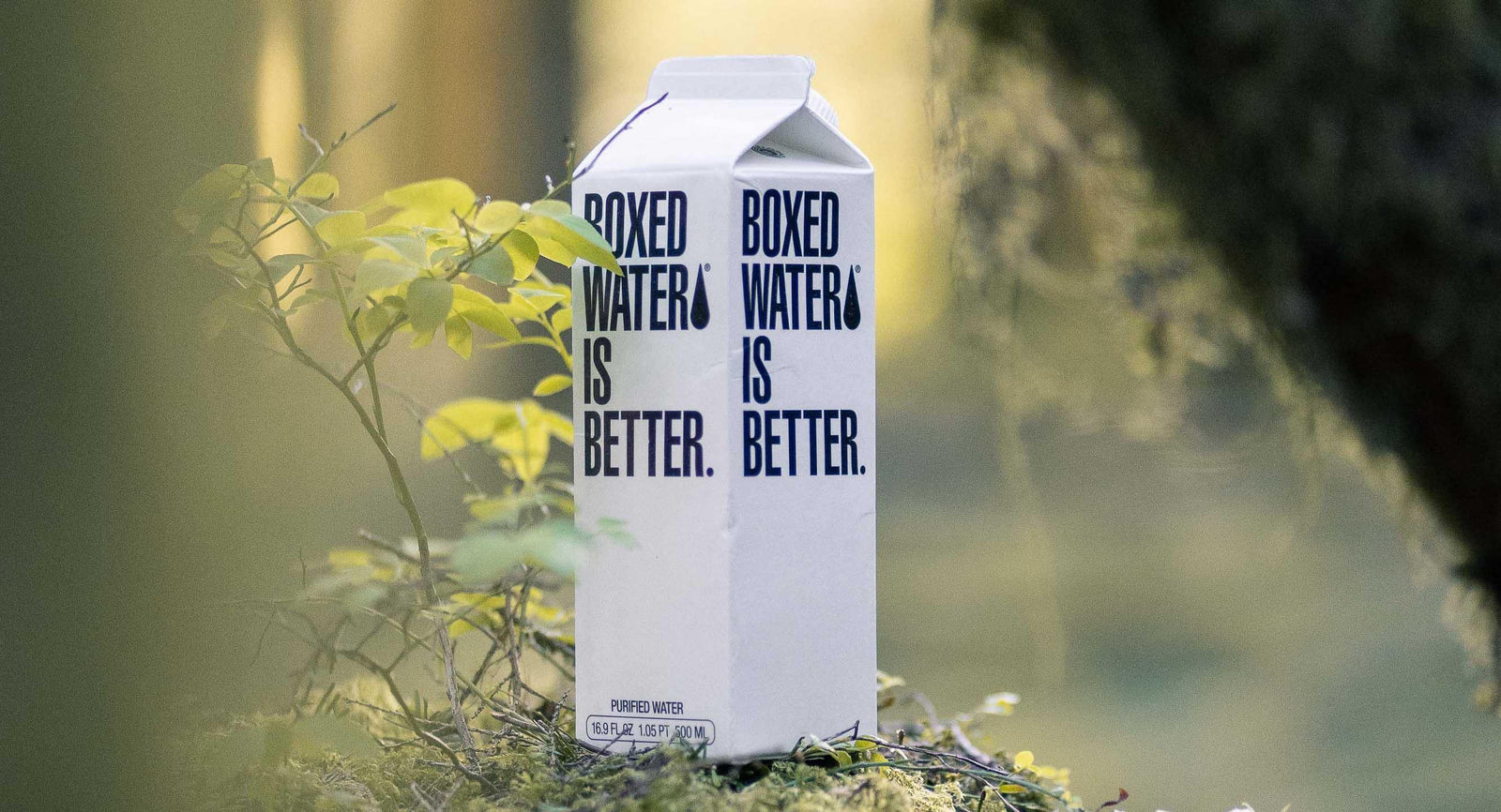9 Surprising Plastic Products You Might Use Daily

You’ve used plastic products before. We all have. This isn’t a guilt trip article, more of a friendly prod in the right direction and written to help you across an important aspect to living sustainably. We’ve compiled a list of no brainer plastic products that need to be ditched but also revealed a few “ninja” plastic products which few realise contain the harmful compound. Let’s start with numero uno.
1. Toothbrushes
I mean who doesn’t want great oral hygiene...right? Though it does come at a cost. 30 million plastic toothbrushes are thrown away yearly in Australia causing enormous stress and a 400 year timeline to break down. Let’s be real, we’re not saying ditch toothbrushes. All we ask is that you don’t use plastic toothbrushes! That’s totally not cool and for a few dollars you can choose something sustainable with zero waste. Our favourite biodegradable, BPA free toothbrush alternative are these sweet bamboo toothbrushes which come in a set of 10!
2. Disposable Coffee Cups
While your morning coffee run is critical for handling day-to-day life, it’s not so fun for the planet when you discard disposable coffee cups lined with plastic. The government may start thinking about introducing plastic taxes which is possible according to ABC.
Until then, reusable coffee cups are your best bet in the war against plastic. There’s heaps of shapes, sizes and colour variations to choose from. Our favourite choice would be something from Frank Green.
3. Plastic bottles
The most well known and still commonly used plastic product would be bottled water that comes packaged in disposable plastic bottles. These are notorious for leaching microplastic and other chemicals into the water. We all know that one person who constantly drinks from plastic bottles. Don’t be that guy/gal. Bottled water is often sitting in plastic for months (no thanks!) and the effect of direct sunlight on bottles can deposit even more microplastics according to ResearchGate.
Solution: swap your plastic bottle for glass or bamboo. Even though the lid may have trace elements, it’s still a far better environmental decision overall.
4. Clothing
That’s right, plastic is in clothing people. Unless you’re a devoted nudist (which is A-OK if you are), you’ve probably worn clothing made from man-made fibres like microfibre fleeces, polyester, acrylic and nylon which are all made from plastic. When you fire up the washing machine using aforementioned products, microplastics are released into our waterways as the material breaks down in the wash.
Alrighty so what solutions are out there? For new clothes, hunt down clothing made from natural fibres over synthetic fibres. Bamboo viscose, silk and linen (when not treated) are all great choices. For the clothes you already own, there are clever products being created that act as microplastic filters during washing cycles like Eddy.
5. Aluminium Drink Cans
“But drink cans are made of 100% aluminium?!”. Turns out that’s not the case. Every single drink can on the market is lined with a plastic resin, usually epoxy, which stops the liquid contents in the can from corroding the aluminium. Wired reports interestingly that “without that [expoxy] shield, a can of Coke would corrode in three days“.
Roughly 80% of that epoxy is bisphenol-A or BPA which we’ve all heard of. BPA has been associated with a host of negative health connotations as referenced in The Journal of Steroid Biochemistry and Molecular Biology.
6. Glass Jars with Lids
Don’t be fooled by glass jars. On the surface they might seem all...glassy and happy, BUT, their lids almost always contain a layer of plastic on them! Yuh, that’s right peeps, almost all jar lids are lined with plastisol, a PVC product. Plastisol plays a role in producing a vacuum seal and also to help the lid resist corrosion. Great for food storage, not great for ditching the P word.
Jar lids are recyclable by most local authorities so you can pop them in your recycling bin.
7. Glitter
Shocking news for you or your friends that thrive on OTT birthday gifts. Glitter for cosmetic and craft purposes, present labels, glittery greetings cards, and wrapping paper are all sources of microplastic. There is no possible way to recycle glitter which means it’s time for you to give it up if you’re looking to create a happy planet like we are. Here’s a plastic free, biodegradable glitter alternative you can try.
8. Fresh produce packaging
Remembered to take a reusable grocery bag to Woolies or Coles with you to stock up on fruit and veg? Great work you good thing! Sadly, however, your grocery run isn’t as plastic-free as you would have hoped. The stickers on apples, oranges and basically every single piece of produce is a type of plastic. Yikes. Tough to navigate around. Long term, we think that most grocers will start using laser marking of their produce.
9. Tea Bags
If a tea bag has a crimped edge or seal it most definitely contains plastic. Manufacturers claim the amount is negligible though it still means you cannot compost it. Composting tea bags will produce microplastics which are harmful to our planet. You can avoid microplastics in tea through the use of tea leaves or a brand that has folded edges sealed with a string or staple.
There you go! Help us create a happy planet by giving these 9 plastic products the flick. You can start making can positive impact on the environment now but switching your plastic products to eco friendly alternatives. A quick win are these bamboo toothbrushes which come in a 10 pack. You’ll feel better for it. We will also feel better for it. Together we can make a change!

